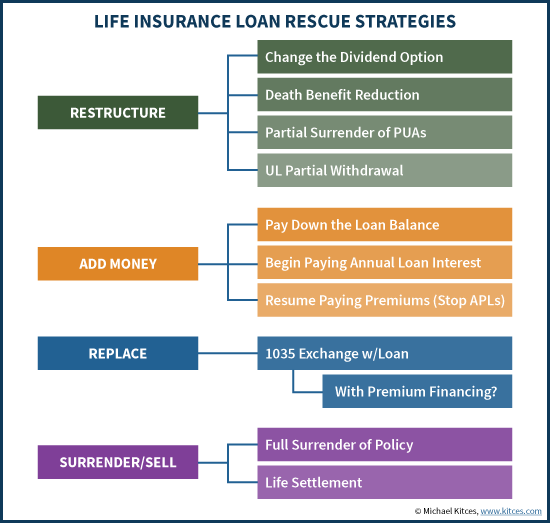A. It's tempting to sign up a credit card with annual fee due to some great signing bonuses. However, cancelling a credit will lower your credit utilization ratio and consequently hurt your credit score.
There is a way to get rid of a credit with annual fee while without hurting your credit, here is what you need to do:
Call the credit card's issuing bank, and ask for an "in program" change.
Most banks issue many different types of credit cards, some with annual fees and some don't. With an "in program" change, you could switch your current card to a card with no annual fee. Most banks will do it for you.


 RSS Feed
RSS Feed
